The Ju/’hoansi cherish their egalitarian traditions so strongly that they have a hard time assuming any leadership roles, yet they have one of the most successful civilizations in history. At least that is one of the central arguments made by James Suzman, an anthropologist who has been studying them for over 20 years. On October 29, The Guardian published an essay by him setting out his observations about the people and their ways.
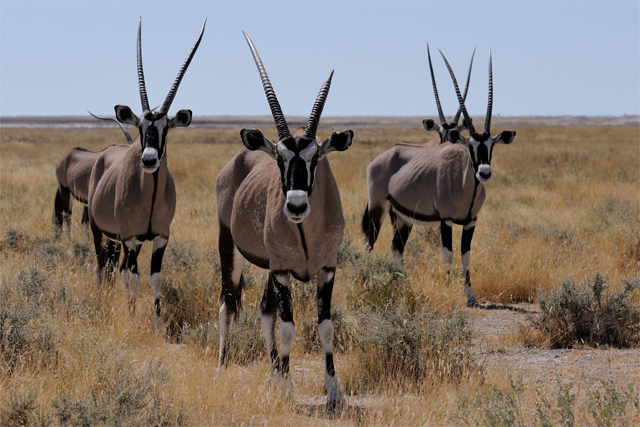
Suzman observed that the seemingly universal human trait to become envious of the successes of others is a way of expressing our discontents with a lack of equality. The Ju/’hoansi are opposed to any behavior that suggests such a lack. Their opposition to inequality helps build social cohesion, he argued, and it has been an important factor in strengthening their civilization for over 100,000 years.
Their traditional success has also been based on a mastery of their environment. They use over 150 plant species that they find in the Kalahari Desert and they trap or hunt successfully almost any animal that they encounter. They have a boundless confidence in the bounties available from the land. Because of their successes in living off the land, they developed a pattern of working only to meet their immediate needs, of never harvesting more than is essential, and of not storing surpluses.
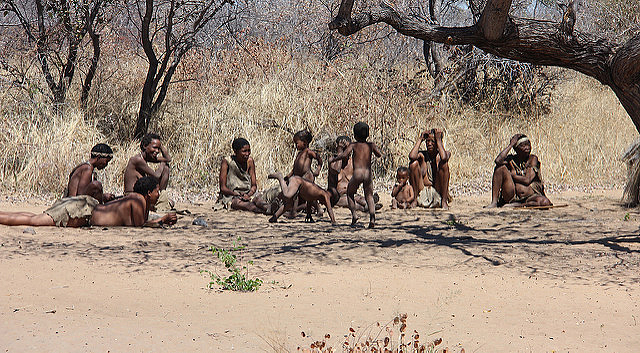
But Suzman’s main point was that envy was the key to the obvious successes of Ju/’hoansi society. The need to mitigate envy resulted in their system of distributing food and other necessities without any mention of successes. A good example of the way it worked was that successful hunters were always insulted and never praised. No matter how impressive a carcass was, the hunter who dragged it into the camp had to expect insults and put-downs.
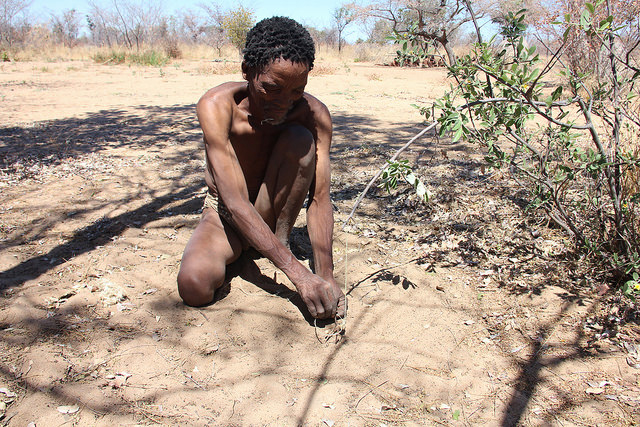
People who were given their share of the meat would complain that it was a trifle, that it was barely worth taking back into the camp, and that there wouldn’t be enough to go around. The hunter, for his part, had to apologize for the lack of quality of his carcass. Everyone would of course recognize a really successful kill but no one would utter a word of praise, even continuing their insults as they gorged on the food. The reason for all the badinage about the quality of the kill was to ensure that the successful hunter did not get a swelled head, did not think he was especially important. In short, everyone wanted to make sure their precious sense of equality was not in any way overturned by someone with an inflated sense of himself. The people treated anyone, not just hunters, with similar insults if they seemed to be getting too self-important. That sense of equality was essential to their peacefulness—and their evolutionary success for over a hundred millennia.
Everyone noticed what others ate, what they owned, what they gave and received, and how generous they were. No one wanted to be noticed for being self-important; no one was willing to be labeled as selfish. Not surprisingly, these attitudes fostered a generally harmonious, cooperative, peaceful society. Even people who had leadership qualities were hesitant to do any leading.
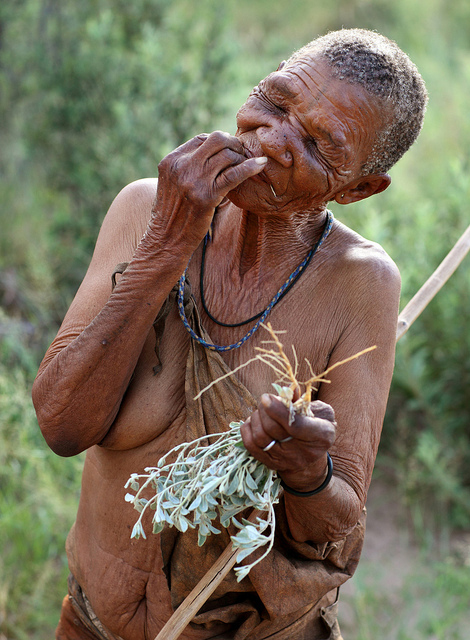
But while those attitudes may have helped keep the peace in the traditional Ju/’hoansi society, as Namibia has developed in recent decades, they have suffered at the margins. They are among the poorest of the nation’s ethnic communities. In part, Suzman argued, this situation is a result of their reluctance to take up leadership positions. They hesitate to assume management responsibilities and they hate to have authority over others. Consequently, they are poorly represented in public agencies, which causes their interests to be overlooked and ignored.
One of the best illustrations of the Ju/’hoansi aversion to expressions of pride and their attempts to put down people who might become proud of their accomplishments was written by the Canadian anthropologist Richard B. Lee and published as an engaging article in the December 1969 issue of Natural History magazine. He wrote that in order to repay the Ju/’hoansi (then known as the !Kung) for their good will during his previous year of fieldwork in their camp, he purchased a huge ox to be slaughtered for a massive Christmas feast.
As the word went out, however, individuals kept coming to him and commenting on how badly he’d been gypped, how thin the beast was, how they’d all go hungry on Christmas, and how the ox was only good for its soup bones. As their constant barbs began to get under Lee’s skin, they started indicating that the thinness of the feast would probably provoke fights. Thoroughly spooked by the unanimous opinions of his colossal error, the author tried to buy another, without success, and considered leaving the camp to spend Christmas day in the bush.
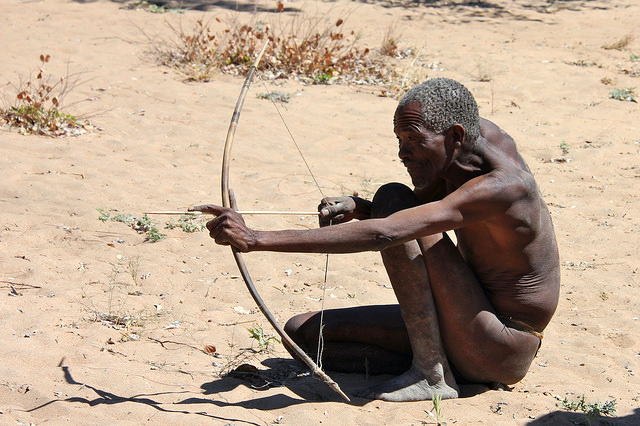
Lee was astonished on Christmas morning when the butchering got under way and he observed that the ox was as fat and meaty as he had first judged. Piecing together the circumstances of the joke on him, he learned later that the put-down was standard Ju’hoan technique. Every kill is too small, too old, too thin; no one brags, everyone puts down the successes of others. The reason was to control arrogance. If a person thought of himself as a big man, it might lead to boasting, pride, and perhaps to violence—the same observations that Suzman made last week.
By denigrating the kill, or in this case the Christmas ox, they sought to cool the proud heart and to prompt gentleness on the part of the anthropologist. Prof. Lee realized that the Ju/’hoansi had maintained a healthy skepticism about his intentions—they had been dividing and sharing their meat all year—and they had tried to force a lesson in humility on him. Fortunately, Lee’s article “Eating Christmas in the Kalahari” is available as a PDF on the Internet.